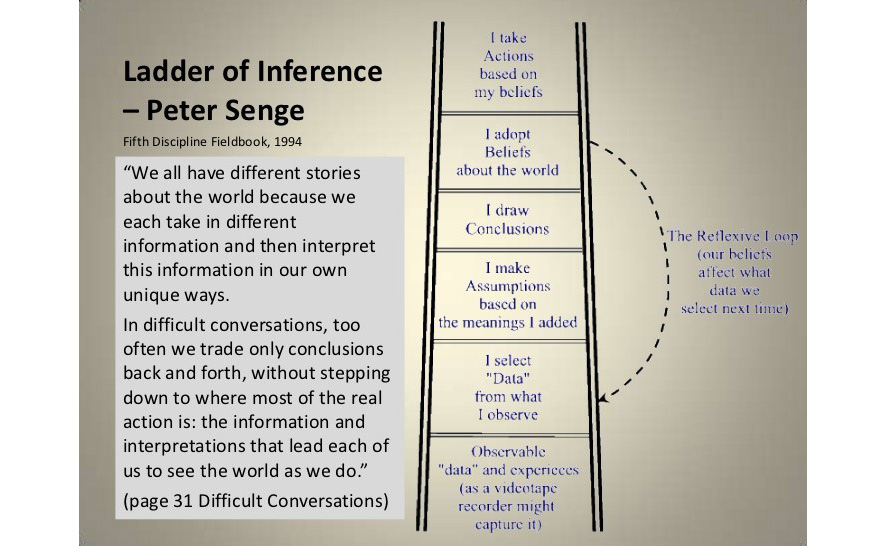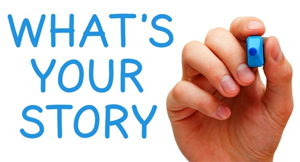5 Powerful Ways to Charge your Business Communication Skills

Leadership & Management
497 week ago — 7 min read
As an entrepreneur, a business leader, or in fact as anyone working in a team, you face two unique challenges.
One, you need to talk in public with clients, the business community, customers and employees, on a variety of issues, including how to present yourself as an expert in your field, in a skilled, tactful manner.
Two, you need to learn how the quality of your relationships can be shaped by the quality of the communication between you and the others in your working life, beginning with tools you can use as a manager.
Both of these involve mastering certain communication skills.
“Let your speech be always with grace, seasoned with salt, that ye may know how ye ought to answer every man.” - Colossians 4:6
The conscious mind in using language
The conscious mind comes into play when you interpret intended information, especially during conversations,which is when cognition operates more quickly.
There are certain judgement tools we all tend to use inadvertently, and sometimes we fall victim to pitfalls inherent in conversation, as revealed in Peter Senge’s iconic “inference ladder”.
To avoid obstacles in communication, you must avoid using clichés, jargon, slang, sexist and racist language, euphemisms, and doublespeak.
For example, when a health insurance company says, “We insure companies with up to fifteen thousand lives,” it is possible to forget that those “lives” are people. Ethical issues quickly arise when humans are dehumanised and referred to as “objects” or “subjects.”
Before considering how to effectively use verbal communication, prepare yourself by asking:
- Why am I choosing to do, or say, this?
- Am I confusing my personal feelings with my objectivity?
- Does the message carry any unintended meanings that may inadvertently push my listeners’ buttons?
- What do I want my listeners to remember?
Talking to connect and build relationships
Language is used in many ways – to enlighten, to encourage, to empower or to destroy. By choosing the precise words, gaining control over your body language, checking your tone of voice, checking for understanding, and focusing on results, you can maximise your audience’s understanding.
To build the power of verbal communication, consider employing the following business communication strategies:
1. Show the right stuff with body language
Leaders know that body language is one way to demonstrate leadership qualities when they speak in public. While an ordinary speaker may focus on delivering the content in a precise manner, a leader leverages her or his physical presence to convey that information – and, equally important – to present herself or himself as an expert with the ability to lead.
How can you present a dominant effect on those who watch you speak? Here are three ways:
A –The NODS Formula: Neutral, Open, Defined and Strong. It may feel awkward at first, but believe me, the NODS formula will always support and amplify what you say. Begin in a neutral position, with hands at your sides, so that when you speak, the influence flows freely in both directions. Gesture sparingly (don’t touch your hair, for example, or fidget or look beyond the audience), and use clean hand movements.
B – Echo your Enthusiasm. Orators who exhibit excitement charge their audience in ways that make the same energy flow back in an echo of their own enthusiasm. Visualise an imaginary bubble that encloses the space between you and your listeners. Fill that with enough energy to reach every audience member.Soon, that reaching out will make each one feel you’re speaking to them alone.
C – Claim your Space. When you speak in public, you find a certain periphery of space around you. Claim it! Leaders know how to project power by the way they stand and move, and occupy space in a way that proclaims they’re comfortable in the spotlight. Nothing demonstrates confidence like a speaker who is at ease in her or his own skin in front of an audience.
2. Watch your tone
If you’re feeling insecure or nervous before a speech, it is likely to show up in a high-pitched tone of voice or nasal quality. You can also come across as stuffy, formal, flowery or inconsiderate if you’re feeling anxious. Watch your tone. Use the right vocal pitch to become a more effective communicator. Once you identify your tone, by hearing your own dialogue or speech, you can decide whether it is correct or appropriate for the situation. Another way is to listen or watch others’ presentations to gain more insight. Famous leaders from all walks of life, on channels like TED Talk, deliver sophisticated messages in a simple tone and language. You may pick cues from them.
3. Craft your message clearly and concisely
It is critical to ensure your audience has every advantage in understanding your meaning. Yet, your presentation may fall flat if you tried to define each and every term and end up sounding like a dictionary.
Define your terms so that the message comes across clearly. Weed out unfamiliar words that may confuse the audience, and substitute them with more common, easily understood words. Or share examples to illustrate each concept, or use stories from everyday life to convey the meaning. Overall, it helps to imagine yourself in the place of your audience.
4. Check for understanding
What gives oral communication a distinct advantage is the fact that you can see if someone understood you or not. And you can ask clarifying questions such as – “How can we use this idea?”, “Do you agree?”, or “I would like to hear other points of view.”
Use this immediacy for feedback to your advantage.A simple question makes a sense of connect and it takes less effort to assess your audience’s understanding.
5. Keep the results in focus
At the end of the day, the message to your audience needs to be heard, delivered and ring true. It can be a challenge to balance the need for attention with the need to arrive at the end product (that must also be viewed as trustworthy). But keeping the end in mind helps you to learn about your audience, align your messaging strategy, and gain desired results. Remember, no speech or presentation is perfect, but the goal in itself is worthy of your continued effort for improvement.
Your mind is like a parachute. It works best when it’s open.
Article and Image Courtesy: https://www.linkedin.com/pulse/5-powerful-ways-charge-your-business-communication-skills-saini

Network with SMEs mentioned in this article
View Ayesha 's profile
Most read this week













Comments (2)
Share this content
Please login or Register to join the discussion